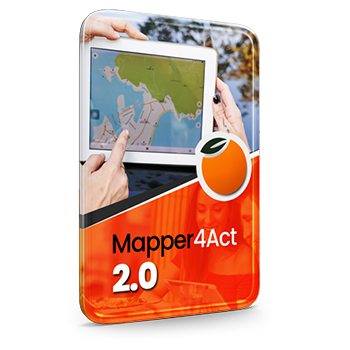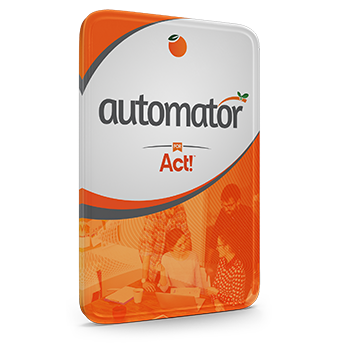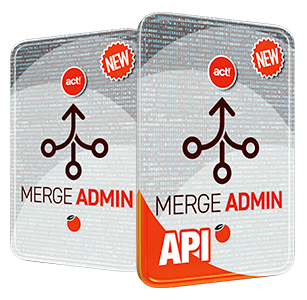Businesses adopt Customer Relationship Management (CRM) systems for several strategic reasons, contributing to their overall productivity and success. Some purchase them because they feel they "should", while others are clearer in their objectives.
Below are the five primary motivations for integrating a CRM into business processes:
- Centralized Customer Information: CRMs act as a centralized hub for customer information, ensuring that all team members have access to the latest data, thus improving customer service and internal communication. This information is generally accessible from within the office and remotely, and can be integrated with other business applications like accounting systems for a deeper understanding of customer engagement.
- Strategic Business Insights & Workflows: CRMs utilize advanced data analytics to uncover patterns and forecast customer behaviors, empowering businesses to customize their strategies for better outcomes. Well-structured data also lends to better workflow automation, saving the team time & effort.
- Optimized Lead Conversion: CRM tools streamline the lead management process from the initial engagement to the final sale, thereby boosting the rate of successful conversions and minimizing potential losses through human error. These tools can include online appointment-setting services, web forms, surveys, and even event management, all of which automatically feed into a CRM system, thereby facilitating the lead management process.
- Coordinated Sales and Marketing Efforts: CRMs facilitate a cohesive approach between sales and marketing departments by providing a common platform, enhancing collaborative efforts. For example, e-marketing campaigns can be configured to trigger sales follow-ups based on how the audience engages with the emails.
- Improved Sales Efficiency: By incorporating CRM processes for proper pipeline and quoting management, salespeople can handle more leads and close a higher percentage of deals based on the insights, efficiency, and structure these tools provide. In fact, a good quoting system can accelerate new sales reps' market readiness, while reducing errors.
Ultimately, a CRM is an invaluable asset that aids in structuring the sales pipeline, deepening customer understanding, automating workflow, and driving the business toward greater growth and efficiency. If you're thinking of implementing a CRM into your business, make sure your choice checks these five boxes before you start comparing features.





































